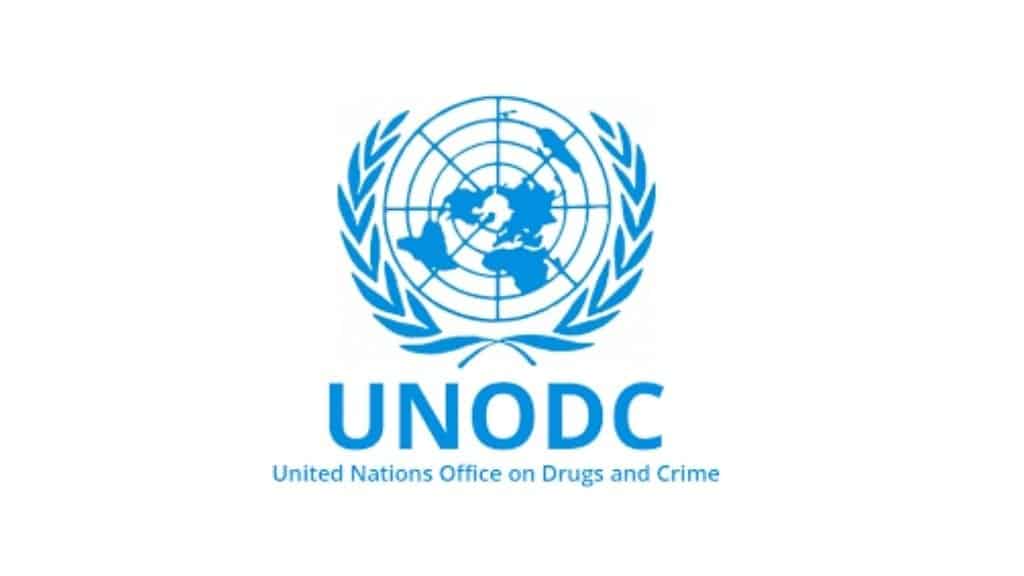
The United Nations Office on Drugs and Crime (UNODC) has challenged Kenya to embrace use of Blockchain technology if it is serious about fighting massive corruption in public and private sectors.
In Kenya, the main corruption loophole, according to audit reports, is manipulation of procurement system and other transactions that have increased the cost of doing business.
Mr David Robinson, UNODC East African region anti-corruption advisor, notes that any App that uses Blockchain solutions makes the purge on corruption and economic crimes easier to trace.
“When corruption represents a breach of trust, a technology that strengthens trust becomes an attractive solution in public projects. In the era of the 4th industrial revolution, online trust became a key asset for transactions between strangers and building confidence in government,” Mr Robinson says.
Experts say the technology allows full traceability of transactions while building the roadmap to identify illicit activities or malfeasance.
It also reduces illicit financial flows, strengthening the recovery and return of stolen assets, substantially reducing bribery and corruption, and developing effective, accountable and transparent institutions at all levels.
Disclaimer: The information provided is not trading advice, Bitcoinworld.co.in holds no liability for any investments made based on the information provided on this page. We strongly recommend independent research and/or consultation with a qualified professional before making any investment decisions.

